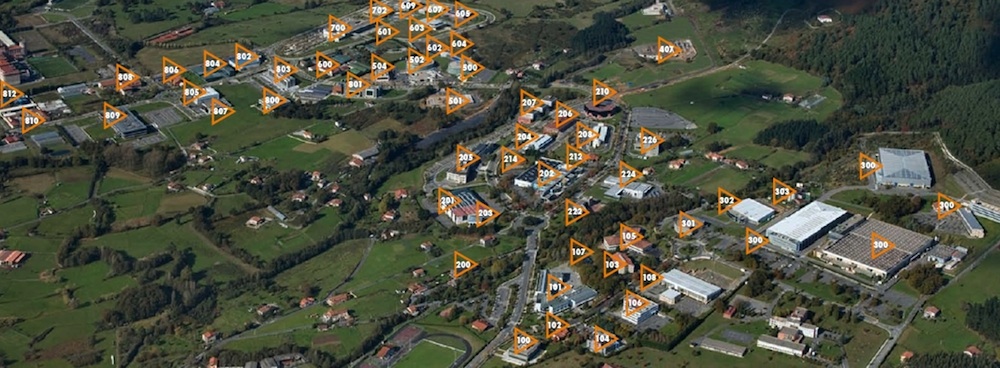This article was translated by John R. Bopp
It seems that, as we’ve said before, reports link up. We just finished writing about a report that appeared in the Argentine daily La Nación which stated that it seemed that the government of that country was using key aspects of the “Basque industrial model” as a reference.
As we said in that report, this is not the first time we’ve found references to the “Basque industrial model” being used as a reference by different countries and institutions. One of the most important might be the one that appeared in an ILO study for South America and the Caribbean.
Now, we’ve found another editorial, which appeared in the Argentine digital daily Perfil, penned by economist Federico Poli, who is the economic advisor to the Ibero-American Council on Productivity and Competitivity.
In his column, the author focuses the weight of the development of an economy on two axes: entrepreneurs and government policies. He highlights that each society has to find its own way, because there are no easy paths, but he does talk about two examples, one for each axis, of success stories that should be kept in mind.
In the case of the entrepreneurs, he focuses on the US, whereas for government policies, he focuses on the industrial and R&D policies set out by the Basque Government for the Basque Autonomous Community.
Once more, it’s interesting to see how what’s happened in the past 35 years in our country is seen from abroad. This is especially noticeable in the description of how the Basque Governmental institutions went against the tide in the rest of Spain, defending industry and fighting to preserve and update it.
We still remember the laughter and criticism from many institutional and political sectors when we talked about wanting to have “technology parks”, or when it was announced that we were going to develop the aeronautics and aerospace industries in the Basque Country, or when we talked about developing a wind power industry, or when the plans for transforming metropolitan Bilbao were presented. All these things have come true, and those who called these projects “hoaxes” have not changed tack. Many of them have just shut up, lurking, waiting for some project to fail so they can shout, “I told you so”.
Those of us with more than a few gray hairs and who understood the 1970s know what happened: the oil crunch, the transition from a dictatorship to a democracy, the tough industrial crisis all Europe and especially the Basque Country went through, the reconstruction of Basque institutions, the recovery of the Economic Agreement, the rebuilding of the society, infrastructure, and economy of our country, etc.
Essentially, the transformation of a broke society into one that has problems, but which definitely has a future.
We’re not conformists, nor do we believe we live in a perfect country. Those who regularly read our blog know that this is not true. Actually, we’re very militant about point out that we need to work harder, much harder, in R&D (as can be seen here and here). The government, the universities, and businessmen need to take this hard work much more seriously, as our survival depends in good measure on it.
Furthermore, we believe that our businessmen are not fulfilling their obligations to Basque society well, especially in terms of good jobs with appropriate salaries; this, among other things, is contributing to our brain drain.
We definitely believe that things could be a lot better. But we also believe that things haven’t been done too badly. That is to say, they’ve been done well enough to get this country out of bankruptcy and into the pole position, and to turn it into a role model for other societies.
But we need to go further: we need more pushing, more commitment, more effort, and, especially, more long-term gazes. But, alongside all that, seeing how we’re accumulating references around the world to what we’ve accomplished can’t not bring us satisfaction.
Resting on the laurels of what we’ve achieved in the past 35 years would be a fatal mistake, just as robotically repeating the same measures would be. “You’ve got to run a lot to stay in the same place”, so we need to run even harder and faster. And the benefits of our improving economy must reach everyone. Also, everyone must commit to improving our society. No one should expect change in exchange for nothing.
Perfil – 20/8/2017 – Argentina
Emprendedores y regiones: motores de desarrollo
Acabo de terminar de leer El desmoronamiento, la crónica sobre los últimos “treinta años de declive americano” de George Packer. Teniendo como modelo la trilogía de Estados Unidos de John Dos Passos, nos presenta las historias de muchos norteamericanos, algunos más famosos para el gran público que otros, para contarnos estos particulares años que se vivieron en la primera potencia del mundo
(Continue) (Automatic Translation)
Last Updated on Dec 20, 2020 by About Basque Country





